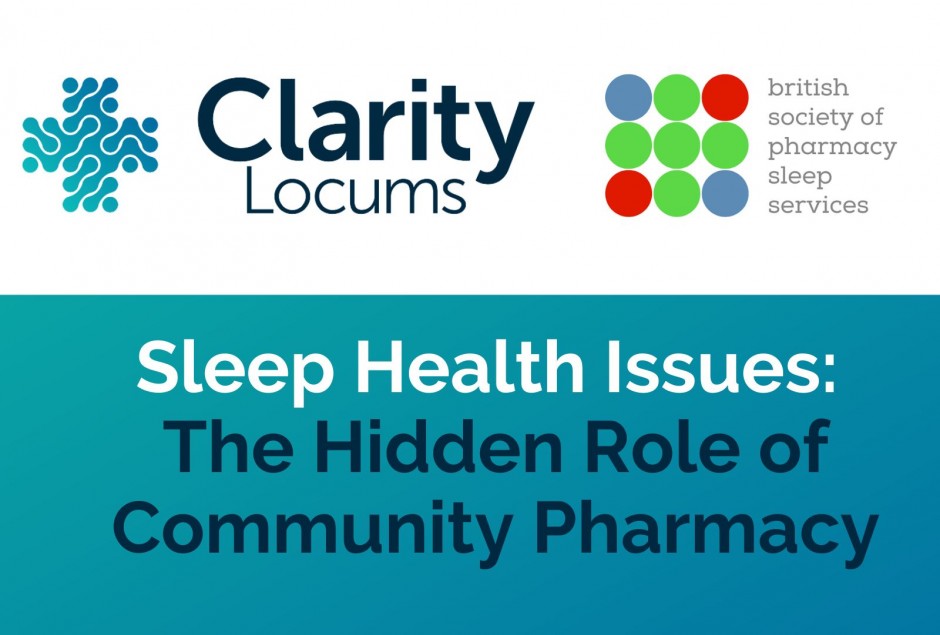

Sleep is the cornerstone of health and well-being, yet its critical importance is often overlooked. In the community pharmacy sector, we see daily evidence of the consequences of undiagnosed sleep disorders. By addressing these issues head-on, community pharmacists can create a new revenue stream, save lives and improve chronic disease management.
Drowsy Driving: A Silent Epidemic
Microsleeps—brief moments of unconsciousness—can happen to anyone with a sleep deficit, especially behind the wheel. Pharmacists can play a pivotal role in raising awareness of the dangers of drowsy driving. By identifying patients with sleep problems and promoting safe driving habits, we can help prevent accidents caused by fatigue.
What pharmacists can do:
Sleep Apnea: A Public Health Crisis
Obstructive sleep apnea (OSA) is often hidden behind the stigma of snoring. Left untreated, it leads to serious health complications, including hypertension, diabetes, and accidents due to exhaustion. Community pharmacists are uniquely positioned to screen for risk factors and guide patients toward diagnosis and treatment.
What pharmacists can do:
Mental Health and Sleep: A Two-Way Street
Sleep disturbances are often intertwined with mental health conditions such as anxiety and depression. Poor sleep worsens these conditions, creating a cycle that can be challenging to break. Pharmacists can offer a listening ear, evidence-based advice, and referrals to appropriate support.
What pharmacists can do:
Supporting Children’s Sleep
Sleep problems in children are frequently misdiagnosed as behavioural issues like ADHD. Community pharmacists are well-placed to provide parents with advice on sleep hygiene and to recommend early intervention.
Children should not routinely snore. It’s not funny and its not cute. Look at the child – their eyes tell you a lot. Can you see the back of the child’s throat beyond their tonsils? If not – refer to the GP for onward referral to ENT.
What pharmacists can do:
Tackling Shift Work Disorder
Shift workers, including many healthcare professionals, are at high risk of sleep disturbances that can affect their performance and safety. Pharmacists can provide targeted advice and support.
What pharmacists can do:
Pharmacists: Champions of Sleep Health
Community pharmacy is often the first point of contact for health advice, making it an ideal setting to address sleep disorders. By asking one simple question: “How are you sleeping?”—pharmacists can uncover issues that might otherwise go unnoticed.
Practical Steps for Pharmacists
The Call to Action
Sleep disorders are treatable, yet many people suffer in silence, unaware that help is available. Community pharmacists have a unique opportunity to lead the charge in addressing this public health challenge. By prioritising sleep health, we can improve lives, enhance workplace safety, and reduce the burden on healthcare systems.
Making sleep a part of every consultation is easy: “How are you sleeping?”
(This article is for informational purposes only. Always follow local regulations and professional guidance in your practice.)
Adrian Zacher is the CEO and Founder of the British Society of Pharmacy Sleep Services a UK registered charitable incorporated organisation https://bspss.org and a PhD student at the VUB, Belgium.

First of all check out our FAQs section, it might just have what you need.